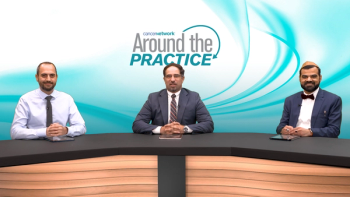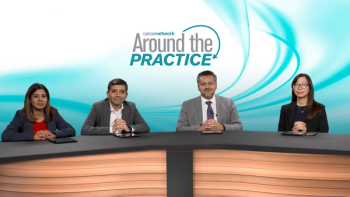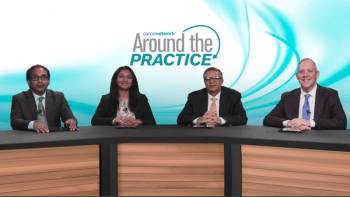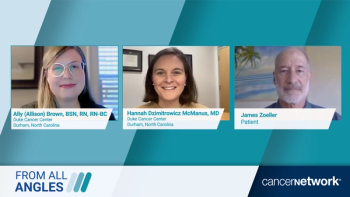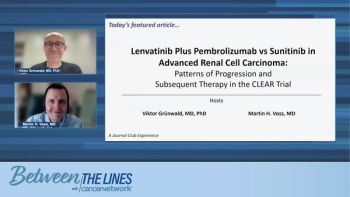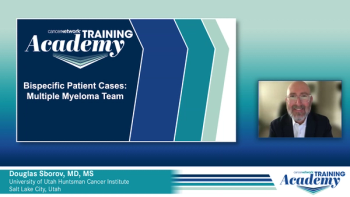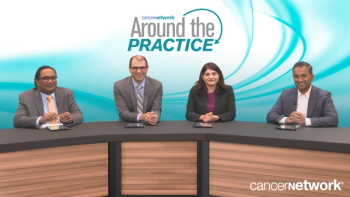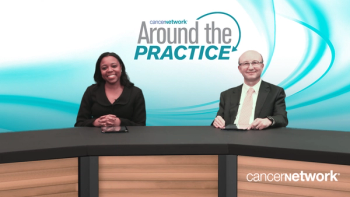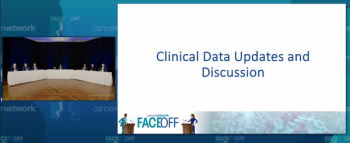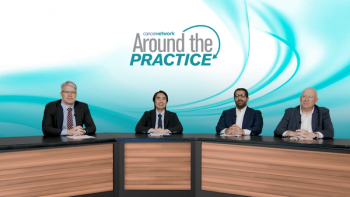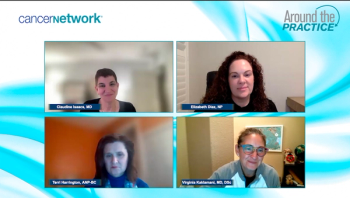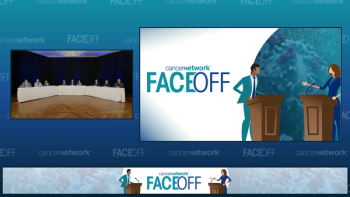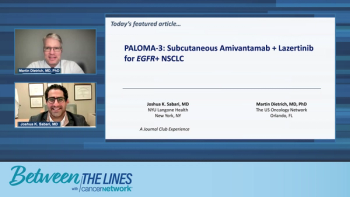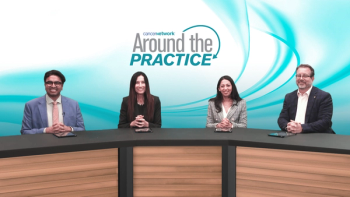Panelists discuss strategies for patient education and monitoring hyperglycemia with PI3K inhibitors, including pre-treatment screening, baseline assessments, early recognition of adverse events, and supportive care measures such as dietary modifications, with Ms. Harrington sharing practical approaches and helpful resources; Dr Isaacs comments on potential differences in adverse event management, particularly hyperglycemia, between inavolisib, capivasertib, and alpelisib, offering practical advice for oncologists; and Dr Kaklamani explores how the varying safety profiles of these agents may influence treatment selection and sequencing, including the potential for inavolisib to become standard of care in the first-line PIK3CA-mutant setting and how this will affect PI3K inhibitor sequencing in later treatment lines.




